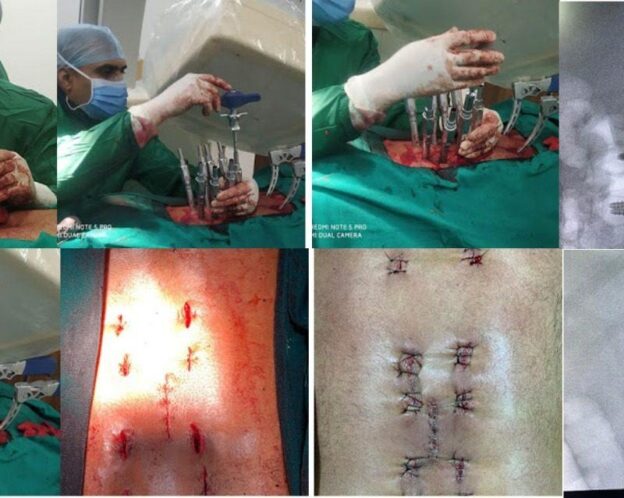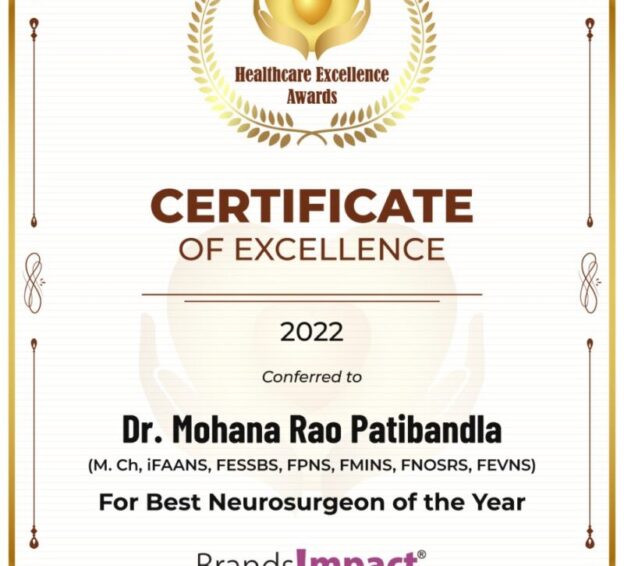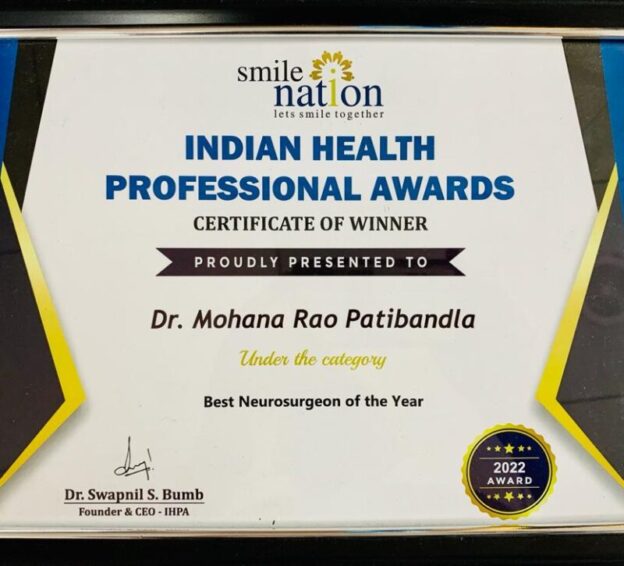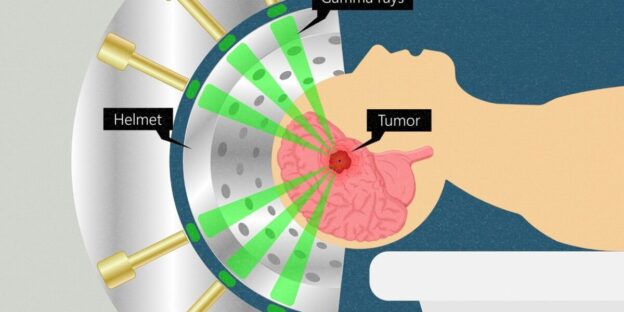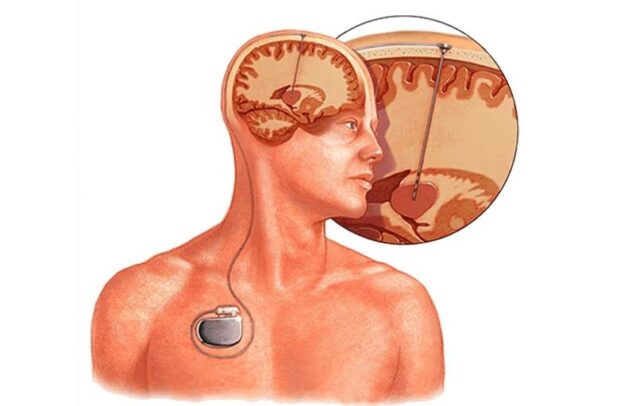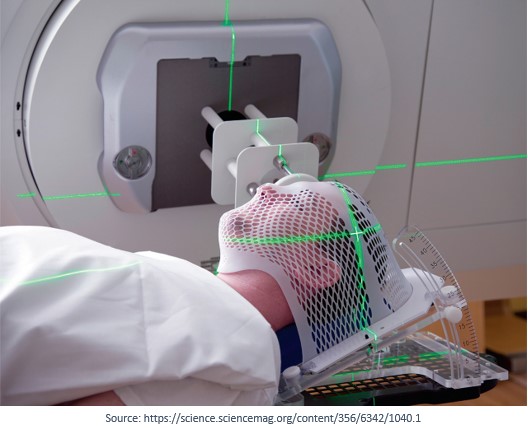Exploring Advanced Techniques in Spine Surgery: Dr. Rao at Dr. Rao’s Hospital
Introduction
In spine surgery, technological advancements and innovative techniques have revolutionized how we approach and treat spinal disorders. Dr. Mohana Rao Patibandla, a renowned neurosurgeon, and his team at Dr. Rao’s Hospital are at the forefront of this transformation. Located in Guntur, Andhra Pradesh, Dr. Rao’s Hospital is a beacon of hope for patients seeking the best care for spinal issues. In this blog, we examine the cutting-edge techniques in spine surgery that Dr. Rao and his staff use while highlighting their dedication to excellence and patient-centered care. In a recent India today article.
The Importance of Advanced Techniques in Spine Surgery
The spine is a critical human body component, providing structural support and protecting the spinal cord. Any disorder or injury to the spine can significantly impact a person’s quality of life. Traditional spine surgeries often involve extensive procedures with long recovery times and significant post-operative pain. However, with advanced techniques, spine surgeries have become less invasive and more precise, resulting in quicker recovery times and better patient outcomes.
Minimally Invasive Spine Surgery (MISS)
One of the most significant advancements in spine surgery is the development of minimally invasive techniques. Minimally Invasive Spine Surgery (MISS) involves smaller incisions, reduced muscle damage, and less blood loss compared to traditional open surgeries. Dr. Rao and his team at Dr. Rao’s Hospital are pioneers in MISS, employing state-of-the-art equipment and techniques to perform a variety of procedures, including:
Microdiscectomy:
They remove herniated disc material by pressing it on a nerve root or the spinal cord.
Laminectomy:
It relieves pressure on the spinal cord or nerves by removing the lamina, a part of the vertebra.
Spinal Fusion:
We are fusing two or more vertebrae to stabilize the spine and alleviate pain.
Robotic Spine Surgery
Robotic-assisted spine surgery is another cutting-edge technique employed at Dr. Rao’s Hospital. This technology enhances the precision and accuracy of spinal procedures, allowing surgeons to plan and execute complex surgeries with greater confidence. Benefits of robotic spine surgery include:
Improved Accuracy:
Enhanced precision in placing screws and implants reduces the risk of complications.
Shorter Recovery Times:
Less tissue damage and faster healing.
Reduced Radiation Exposure:
Advanced imaging techniques minimize radiation exposure to patients and surgical staff.
Endoscopic Spine Surgery
Endoscopic spine surgery is a minimally invasive procedure that uses an endoscope to visualize and treat spinal conditions. This technique offers several advantages:
- Smaller Incisions: Typically less than 1 cm, resulting in minimal scarring.
- Quick Recovery: Patients often experience less post-operative pain and a faster return to normal activities.
- Outpatient Procedure: Many endoscopic surgeries can be performed on an outpatient basis, reducing hospital stay time.
Advanced Imaging and Navigation Systems
At Dr. Rao’s Hospital, advanced imaging and navigation systems are integral to the success of spine surgeries. Intraoperative imaging, such as O-arm and C-arm fluoroscopy, provides real-time, 3D images of the spine, enabling surgeons to perform precise and accurate procedures. Navigation systems guide the surgeon during surgery, ensuring the correct placement of instruments and implants.
Expertise and Patient Care
The dedication to patient care that Dr. Mohana Rao Patibandla demonstrates complements his expertise in spine surgery. His holistic approach ensures patients receive personalized treatment plans tailored to their needs. The multidisciplinary team at Dr. Rao’s Hospital, including neurosurgeons, orthopedic surgeons, physiotherapists, and pain management specialists, work together to provide comprehensive care, from diagnosis to rehabilitation.
Conclusion
Dr. Rao’s Hospital is a testament to the advancements in spine surgery, offering hope and healing to patients with spinal disorders. Under the leadership of Dr. Mohana Rao Patibandla, the hospital continues to embrace innovative techniques that enhance surgical outcomes and improve patients’ quality of life. Whether through minimally invasive procedures, robotic surgery, or advanced imaging systems, Dr. Rao and his team are dedicated to providing the highest standard of care in spine surgery.
If you or a loved one are experiencing spinal issues, consider consulting with the experts at Dr. Rao’s Hospital. With their advanced techniques and compassionate care, you can trust that you are in the best hands for your spine health.
For more information, contact Dr. Rao’s Hospital at 9010056444 or visit drraoshospitals.

